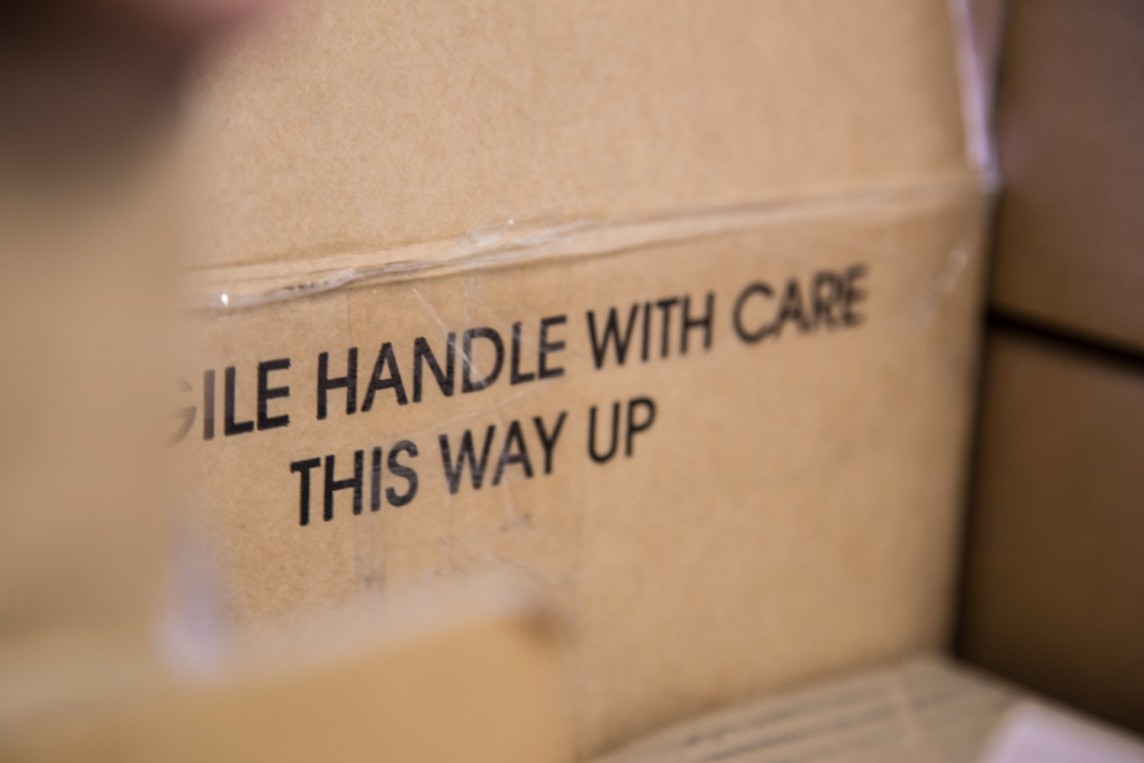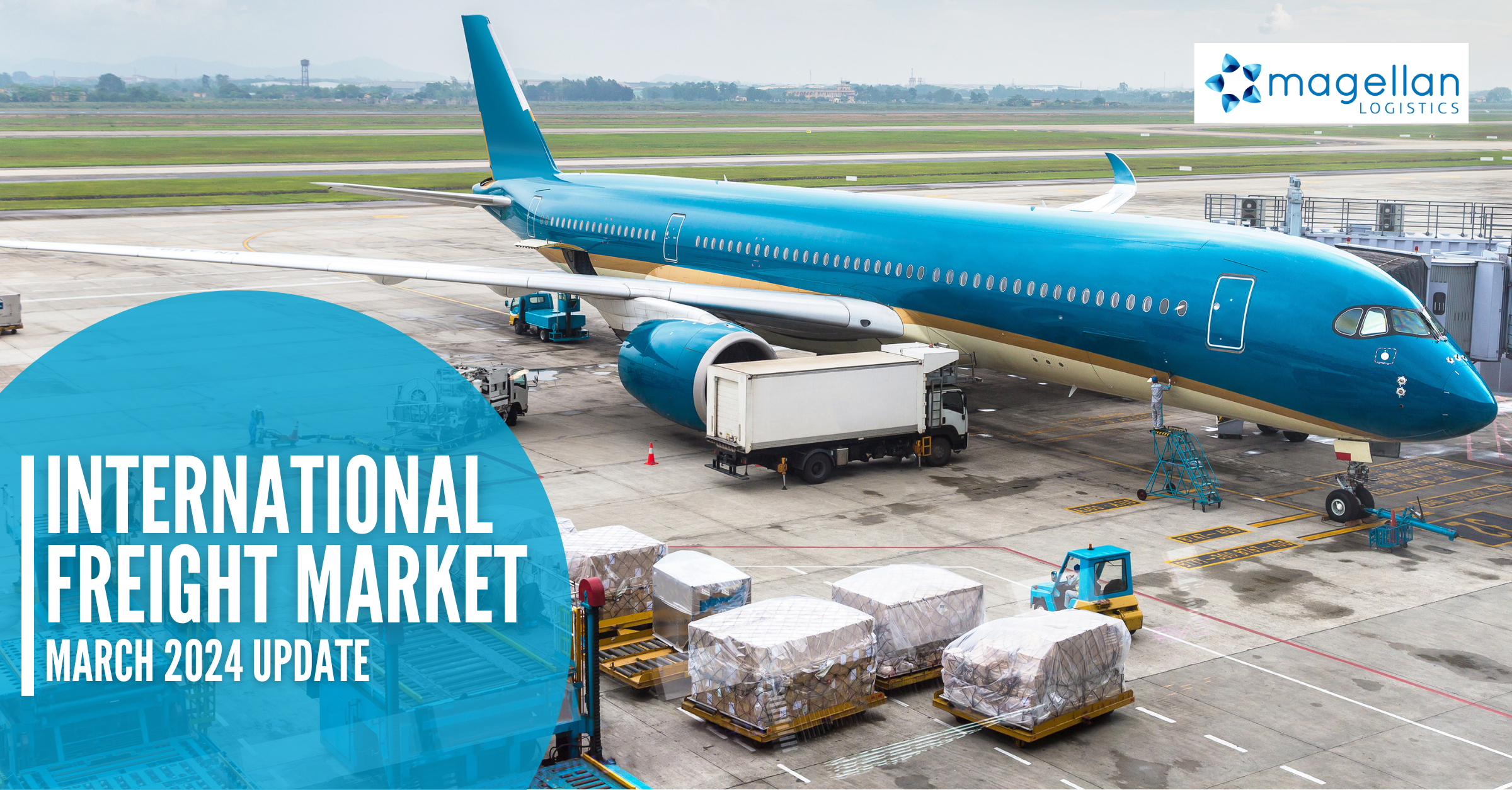The following post was prepared by Hunt & Hunt Lawyers for FTA is re-posted from the FTA website.
Legislation has been introduced into parliament seeking changes to the tariff concessions (TCO) system to make it easier for local manufacturers to oppose TCO applications.
The proposed changes would enable a local manufacturer to oppose a TCO without having to demonstrate any minimum level of Australian content in the locally produced good. Changes have also been proposed to make it harder to obtain TCOs for made to order capital equipment.
25% local content test
Currently to oppose a TCO a local manufacturer needs to demonstrate that at least 25% of the material, labour or overhead costs of the goods are of Australia origin. This requirement has been seen as too burdensome for local industry and the Government is seeking to remove it. The sole requirement in respect of proving local manufacturer will be to demonstrate that a substantial process in the manufacture of the goods occurred in Australia.
While deregulation should be applauded, it does seem odd to extend tariff protection to a local manufacturer who would find it difficult to prove an Australian content level of 25%. This has always been a low threshold (much lower than FTAs require) but at least it imposed a minimum local content requirement.
In reality, it is to be expected that only a genuine local manufacturer would oppose a TCO application. If that manufacturer is actually an importer, it would be expected that they would support the TCO.
Made to order capital goods
Over the past few years Customs has been engaged in litigation with an importer of wind turbines regarding a TCO application. The primary issue has been whether for the purpose of the TCO core criteria the Customs Act required actual previous production of made to order capital equipment or whether an ability to produce is sufficient. The Administrative Appeals Tribunal (AAT) held that actual production was required, the Full Court of the Federal Court said that actual production was not required and the parties are now off to the High Court. Rather than risk the outcome on the view of the High Court, legislative amendments have been introduced in an attempt to make clear that the local manufacturer does not have to have actually previously made the made to order capital equipment.
This would produce an outcome that is in line with how this section of the Customs Act has traditionally been administered by Customs. It is also logical given that the very nature of made to order capital equipment is that it may not have been previously produced, either in Australia or elsewhere. However, lack of previous production does not mean that there isn’t a local industry that could produce the good.
Having reviewed the proposed amendments, we question whether they do provide greater certainty. The original AAT decision was based on a finding that that the definition of “Ordinary Course of Business” only related to that particular question, and not the “produced in Australia” requirement. The proposed amendments do not seem to cure this problem.
What about other amendments?
The Government has seen fit to introduce amendments to the TCO system to make life easier for local manufacturers to oppose TCO. However, all of industry knows that the key area of uncertainty regarding TCOs is the question of what goods are covered by the wording of existing TCOs. This has been an area of great uncertainty since the decisions in Toro and Brand Developers. The Government could have eased the administrative burden on importers by amending the Customs Tariff Act to set out whether TCO wording covers goods usually imported with the good described in the TCO. As it is, importers have to continue to struggle with the impractical outcome of Toro and Brand Developers decisions.
What now?
The theme of the above amendments is that the Government wants to make it easier for local industry to oppose and revoke TCOs. Further, the failure to address the outcome of the Toro decision demonstrates a willingness to leave the system in a state where it is very difficult for importers to utilise TCOs with confidence.
In this environment, importers should exercise caution in utilising TCOs. The terms of TCOs should be carefully reviewed and brokers should ensure that they are aware of all features of, and accessories imported with, their client’s products. It is clear that if made to choose between local industry and importers, the Government will side with local industry.
Please contact Magellan Logistics on 1300 651 888 to discuss how this impacts your business, otherwise, Russell Wiese or Lynne Grant from Hunt & Hunt Lawyers (03) 8602 9231 can be contacted for further details













